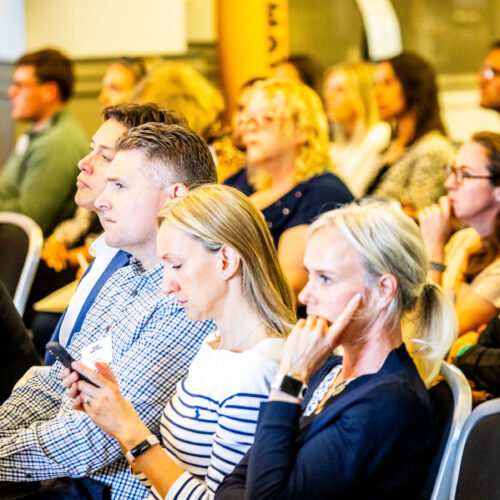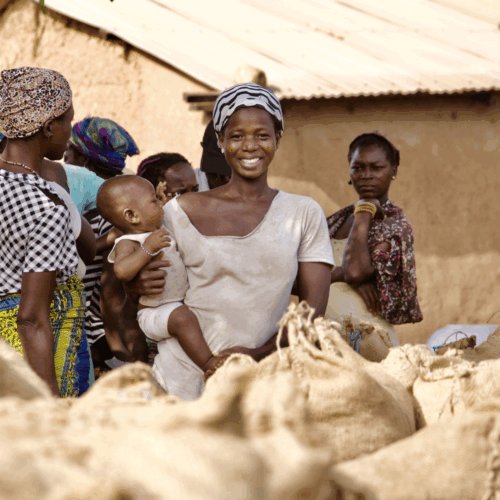In this episode of the Food Matters Live podcast, we explore the role of education in making the food industry more sustainable.
Although it is a priority for many people, studies show sustainability is often misunderstood when it comes to food.
An NFS Youth Engagement Report found that the young people they spoke to mostly had a basic understanding of ‘sustainability’ and some preferred not to think about the effects of their food choices.
And it is not just young people.
A Food Standards Agency poll found only 48% of consumers believe they know what a sustainable diet consists of.
So, as concerns around the food industry’s impact on climate change deepen, how is this lack of understanding affecting sustainability?
What role does education have to play in creating the next generation of sustainability advocates?
And how much does better understanding equal sustainable choices?
Carl Edwards, Director of Education & Public Engagement, LEAF
Coming from the education sector, I am passionate about engaging with our future generations and communicating effectively with our wider society. Through experiential learning with a fact-based approach, it gives people the opportunity to understand what our industry does to provide sustainable and nutritious food, and allows them to make informed decisions that benefit them and our planet.
LEAF Education, in partnership with members, works to engage, inspire and motivate young people through experiential learning, in order to equip our future generations with balanced and informed insight into food production, farming and the environment. We work across the education and agricultural sectors to mobilise farmers and educators to bring food production, farming and the environment into a learning context and embed an appreciation of farming into everyday life.
Verity Jones, Associate Professor of Education, the University of the West of England
Verity is an Associate Professor of Education at UWE, Bristol. Her research interests lie in social and environmental justice. This has seen Verity explore themes of equity and inclusion through the lens of international consumption and production, mental health and wellbeing and education practices.
Verity chairs the Climate Change Primary Education Research Network. She co-authored the award winning children’s books and teacher’s resources: ‘DRY: the diary of a water superhero’ and ‘Learning to Live with Fog Monsters’
Verity leads the RESPECT team (Racialised Experiences Project: education, children and trust) which is amplifying the racialised lived experiences of children in Bristol and the impacts this has on mental health and wellbeing. This work and the resources produced have been welcomed by leading children’s charity Barnardo’s . Verity is working with Avon and Somerset Police Constabulary, the local NHS mental health Trust and schools throughout the region to support these organisations in the training and delivery of their services with regard anti-racist practices.
Rosalind Rathouse, Founder, Cookery School at Little Portland Street
In 2003 Rosalind Rathouse decided to set up her own Cookery School. What makes her qualified to run a Cookery School? The answer is twofold: her 50 years of teaching experience both in secondary schools and in her own study-skills practice, plus her passion for food and cooking, which led to founding her first food business in the 1980s: Piemaker, making and supplying wholesale pies and cakes to the likes of Harrods, Waitrose and the Orient Express.
With the decline in people passing down home cooking through the generations, in 2003 Rosalind decided to combine her enthusiasm for teaching and her love of food to open Cookery School at Little Portland Street. The lasting principles of classic, simple home cooking are principles embedded in the school’s ethos even today. Rosalind feels very strongly that proper teaching can enthuse even the most unconfident cook. By 2008, the school was thriving, with fully booked classes, courses and corporate events gaining in popularity, so Rosalind took on a second, much larger, kitchen in the same building.







